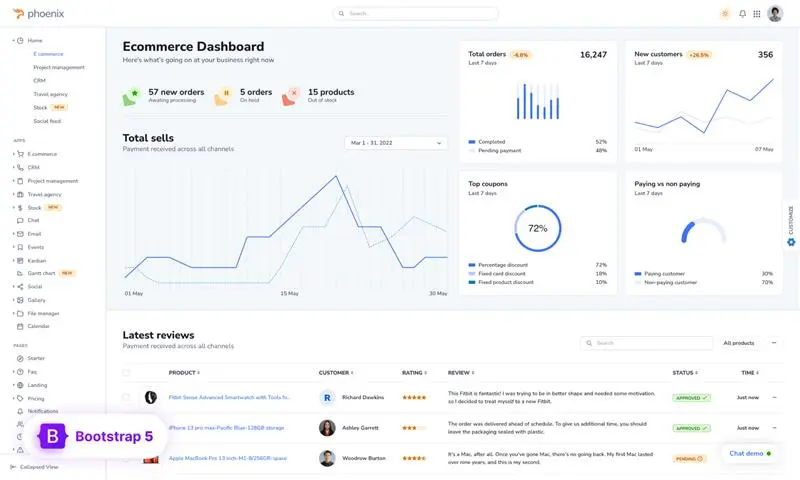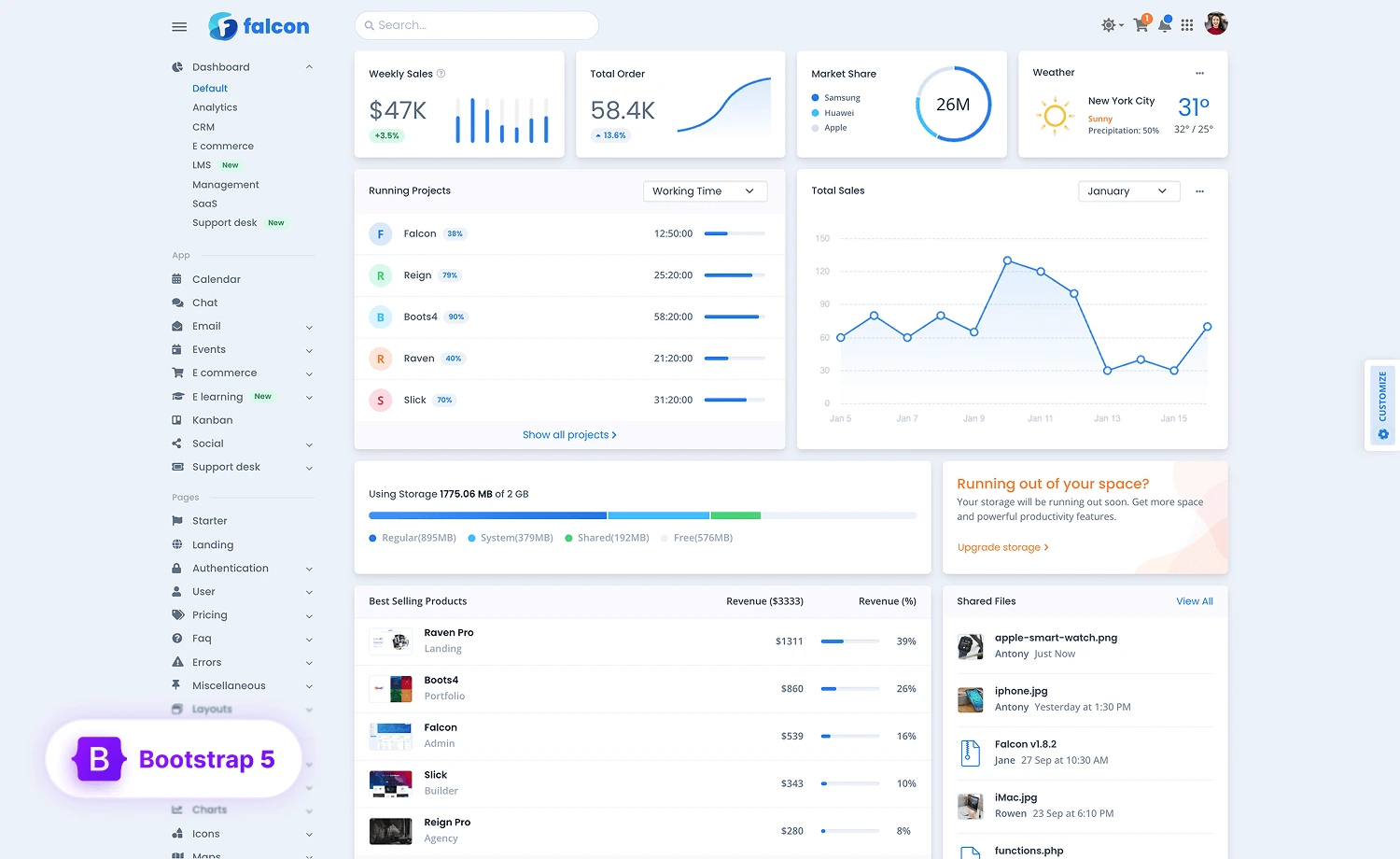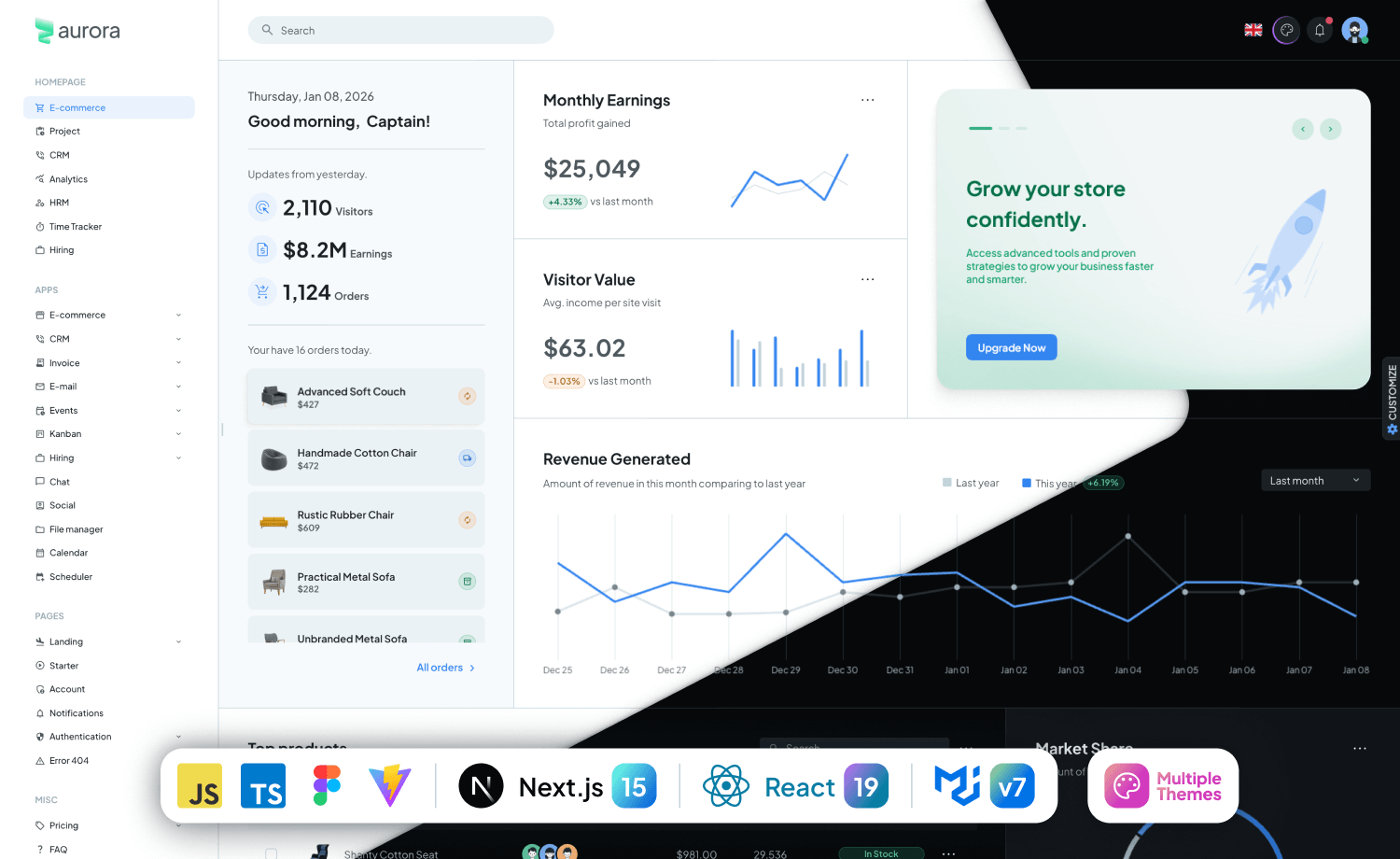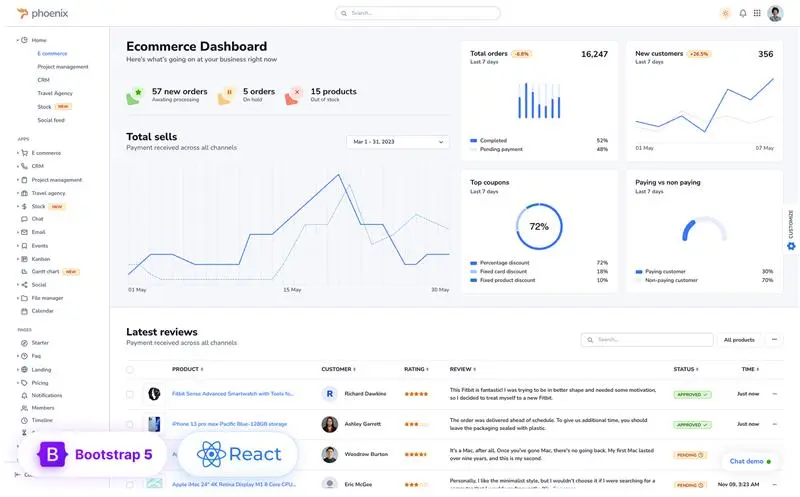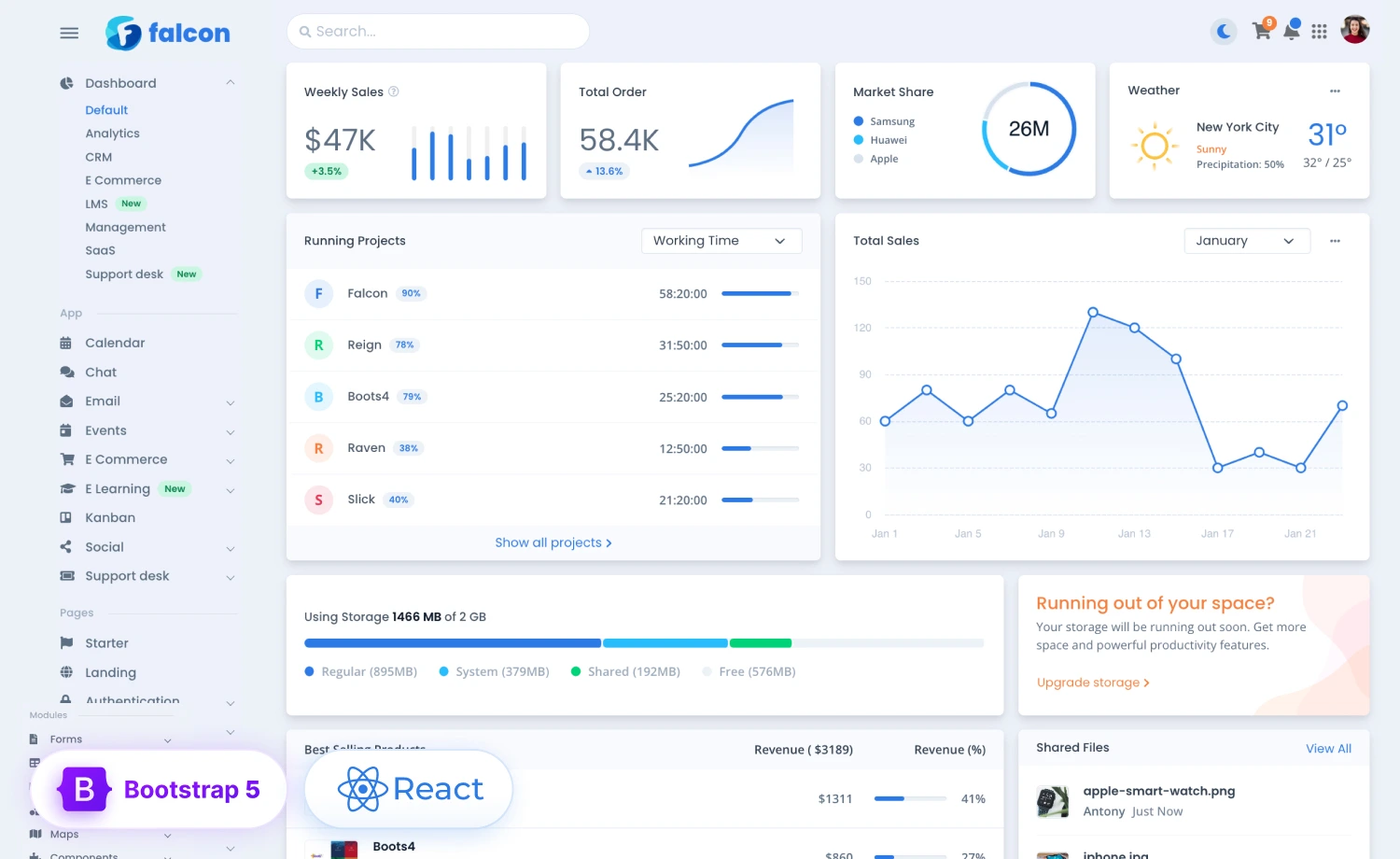A website’s theme is not just a matter of aesthetic preference but a pivotal factor in its search engine optimization (SEO) success. A well-chosen theme can enhance a site’s visibility and ranking on search engines by ensuring that it is visually appealing and structured so that search engines can easily understand and index.
Themes influence crucial SEO elements such as headings, text, images, page interlinking, load times, and structured data.
As Google’s John Mueller emphasizes, themes are more than a “splash of color” but are integral to how search engines display and process content. With a suitable theme, a website can achieve faster load times, cleaner code, and a better user experience, all of which are critical ingredients for better search rankings.
However, it is just as important to have some SEO software to help you test all the changes you make to your website theme and how it affects your SEO efforts. You can make a choice by checking out some SEO Tool Reviews online. Look for a platform with the highest ratings and ensure it allows you to audit your site to analyze the technical side of things.
For now, let’s find out how website themes can make or break your search rankings and SEO.
1. Understanding Website Themes
The website theme dictates how elements of the content are displayed. This includes the colors used, the typography, and the layout.
A well-considered theme gives a site its ambiance, helping it build an identity. The theme is, therefore, a critical component of SEO, and sites with non-SEO themes tend to rank low.
There are many theme templates available, including CSS, stylesheets, JavaScript, PHP, media, and even JSON. However, regardless of file type, an SEO-friendly theme should:
- be responsive
- use clean code
- be fast-loading
- provide a good user experience
2. Page Load Speed and Performance
On WordPress, the platform powering 43.2% of all websites online, the choice of theme has the potential to impact site performance negatively. The large files slow page loading, resulting in a poor user experience. This is reflected in a high bounce rate that affects the effectiveness of the SEO.
How Website Themes Affect Page Load Speed and Performance
Themes include various elements such as high-definition images, multimedia, animations, or sliders. However, they add visual appeal, themes with minimal code, and fewer features that work best with SEO. Compressing files to make the theme lightweight makes sites appealing without risking their SEO.
Strategies for Choosing Lightweight and Optimized Themes for Better SEO
There are several strategies that optimize website design themes for better SEO without compromising page loading speed.
Responsive Design
Responsive design provides a seamless user experience across all screen sizes. It’s a feature closely linked to user experience, making it essential to Google. It also affects the load speed, which is important, considering that 53% of visits are abandoned if a mobile site takes longer than 3 seconds to load.
Translation Readiness
Themes prepared for global audiences and support translation are more likely to rank. Since site accessibility is good for SEO, themes that allow right-to-left formats tend to enjoy a wider reach.
Site Architecture and Permalinks
Good permalinks signal site quality. Themes that disturb the structure of a site or the pattern of its permalinks should be avoided. It upsets the SEO. When changing a website theme, links need to be kept clear and user-friendly to be favored by the search engines.
Updates and Compatibility
Themes that are not optimized risk compatibility issues with WordPress. Not updating regularly can result in inconsistency and depressed functionality. How a theme stays up-to-date is a significant consideration, but those updated regularly are more secure and less likely to lose performance as WordPress updates.
3. Clean Code and SEO-friendly Structure
Clean code is the mark of a compelling SEO theme. Themes with clear structures and codes are optimized for crawlers with enhanced visibility. Search engines favor sites that make indexing easy this way.
The Importance of Clean Code for Search Engine Crawlability and Indexing
Messy, incomplete, or invalid code impacts rankings, whereas clean code enhances the user experience. Load times are faster, and the display stays consistent across browsers and devices. Clean code also improves the site’s accessibility. Content is more accessible to find and understandable, with layout and format meeting the needs of all its users.
Tools like the W3C Markup Validation Service can be used to keep the code clean. And there’s also the Screaming Frog crawlers. Both platforms quickly identify and fix any HTML errors that might creep in.
How Website Themes Influence Site Structure and Navigation for SEO
The website theme is instrumental in deciding a site’s structure and navigation. Both are critical components of SEO that influence page speed. Here is more about how themes can impact the structure and navigation of a WordPress site.
Website Structure
A well-structured site has better authority and uses the theme’s SEO to its advantage by making the site easier for search engines to understand. Well-placed links spread that authority across its pages, guiding the crawlers to the intended content. The result is greater accuracy in the indexing.
Navigation
A site’s navigation is pivotal to its rankings. The theme should allow for logical navigation that benefits the SEO, the search engines, and the users alike. Content that is simple and quick to find indicates a good user experience. Moreover, sites with straightforward navigation enjoy lower bounce rates, a major ranking factor for Google.
4. Customization and Flexibility
Themes that can be customized offer flexibility. They can be tailored to suit the audience and the SEO. This creative innovation helps build brand identity, lower bounce rates, and enhance engagement, all factors involved in ranking.
Although flexibility is invaluable, it is worthless if the creativity it results in is at the expense of the SEO. Therefore, website owners should prioritize themes that offer customization options while ensuring compatibility with SEO guidelines, such as responsive design for mobile optimization and clean HTML markup for improved readability and search engine crawling.
5. Schema Markup and Structured Data Support
To aid understanding, the theme should include schema markup and structured data. Remember that snippets encourage engagement, raising click-through rates (CTR).
Incorporating Schema Markup and Structured Data in Website Themes
Schema markup is a type of microdata that provides search engines with additional context about the content on web pages. By incorporating schema markup into website themes, developers can define specific elements, such as product details, reviews, events, and more, in a structured format that search engines can easily interpret.
Impact on Search Visibility and Rich Snippets in Search Results
Rich snippets are descriptive search results. Some themes support them; others need a plugin. Because they add information directly onto the SERPs, they are very effective. They raise visibility, see more engagement, and lift the CTR.
6. Compatibility with SEO Plugins and Tools
Finally, selecting themes compatible with popular SEO plugins and tools is essential for optimizing website content effectively.
Considerations for Theme Compatibility with Popular SEO Plugins
Compatibility with popular SEO plugins makes the processes involved in managing a website much more manageable. SEO plugins play a crucial role in optimizing website content for search engines by providing features such as on-page optimization, XML sitemap generation, schema markup implementation, and more. Themes compatible with these plugins ensure seamless integration and effective utilization of their features.
Leveraging SEO Tools and Integrations for Enhanced Optimization
SEO tools and plugins can be used to enhance the SEO. Some software offers valuable features like keyword analysis, backlink monitoring, and content optimization suggestions. Overall, these tools enable informed decision-making, allowing sites to adapt their SEO successfully.
Conclusion
The importance of selecting and customizing a website theme with SEO in mind cannot be overstated. As we’ve explored, a theme’s role extends beyond mere aesthetics; it is a foundational element that affects a site’s search engine visibility, user experience, and overall performance. Remember, a theme is not just a skin for your website—it’s a powerful tool that, when optimized, can significantly elevate your online presence and contribute to your site’s success in the competitive digital landscape.



